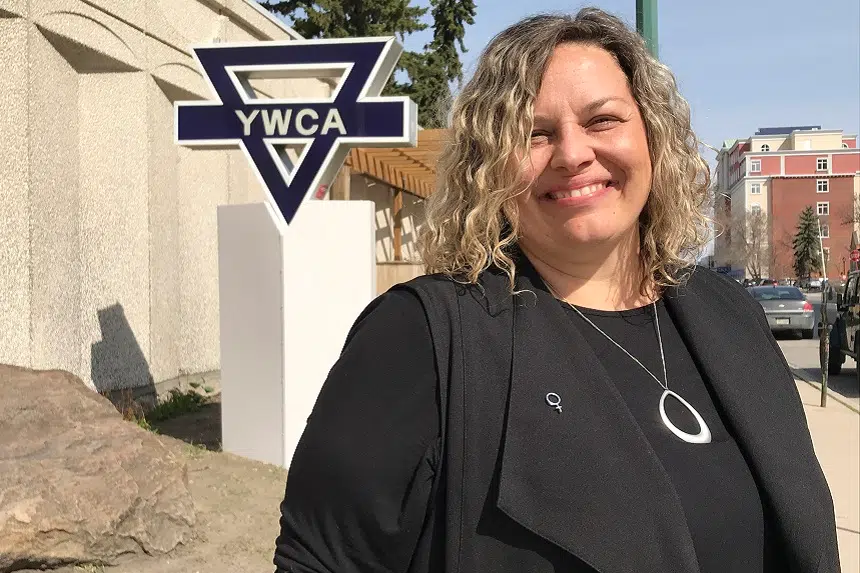There’s a new tool in Saskatchewan to try to help people avoid abusive relationships — Clare’s Law.
The law comes into force Monday and allows police to provide information to a person about any history of abuse or violence their partner has, if it’s requested.
The province believes the law will help with Saskatchewan’s dismally high rate of domestic violence.
Melissa Coomber-Bendtsen, the CEO of the Regina YWCA, said the law is a tool and it’s a step in the right direction.
“I think that it will be incredibly helpful to give a place that folks can look to understand or know what, potentially, they’re getting into a new relationship,” she said.
However, she also said it’s not an answer to domestic violence or the kinds of sexualized violence we see in the province.
“With it, there also needs to be additional education, there needs to be work around healthy masculinity (and) there needs to be some work as well around victim-blaming,” said Coomber-Bendtsen.
She said she worries a law like this will cause a victim to be blamed if they still find themselves in an abusive relationship.
Coomber-Bendtsen said something like this won’t prevent people from being in a domestic violence or sex assault situation.
“(That will continue) until we start to work on things like healthy masculinity and rehabilitation and supporting men and giving them also ways to work through their traumas and their issues that lead them into this space, or when we start to recognize and support women in these situations,” said Coomber-Bendtsen.
She said more need to be done and thinks the province needs to come up with an entire strategy to deal with these issues.
The RCMP has said it won’t be participating in the law, citing privacy concerns with federal legislation.
Coomber-Bendtsen contemplated that position for a moment before saying sometimes we have to understand that privacy is important, but what’s more important is offering support and services to victims.
“If we don’t start naming it and if we don’t start both calling people out for their behaviour and providing predators with support networks and systems so that they don’t find themselves reoffending, I don’t think that hiding behind privacy is going to get us much further,” said Coomber-Bendtsen.







